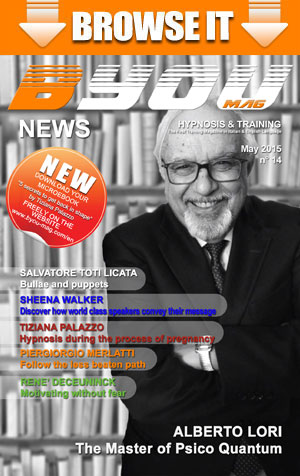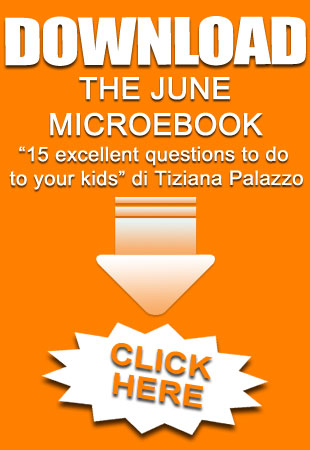Hypnosis repairs the brain by Marco Pacori
10 Jul, 2014
 In life it is difficult that everything goes smoothly: stress, trauma, grief, disappointments and failures sooner or later cross our experience, sometimes leaving deep emotional wounds or affecting our relationships, self-esteem and confidence in their own ability and in the future.
In life it is difficult that everything goes smoothly: stress, trauma, grief, disappointments and failures sooner or later cross our experience, sometimes leaving deep emotional wounds or affecting our relationships, self-esteem and confidence in their own ability and in the future.
We may think that these “accidents” rend the soul or, as evidenced by the recent discoveries of neuroscience, they undermine the operation, integrity and even the morphology of the our brain.
Living a tragic event, for example, it was observed, can result a “narrowing” of the corpus callosum (the hinge that connects the two hemispheres), greatly limiting our ability to understand the emotions and to react appropriately. The chronic fatigue syndrome (a constant state of physical exhaustion) may cause a decrease of the volume of gray matter of the brain. In those who lived through tragedies, especially if it has developed the PSDA – Post Traumatic Stress Disorder (characterized by anxiety, recurring nightmares, etc.. ), the size of the hippocampus (a structure pivotal memory) is smaller than 18% compared to “normal” people and its connections with other brain regions are “damaged”.
One of the worst “plague” for the brain is, however, the depression.
A study by the German researcher Thomas Frodl with the use of FMRI (functional magnetic resonance imaging) has brought to light a disturbing reality in this regard: those who suffer from this disorder so severe and prolonged presents several anomalies of the brain than those who is “in health”; in particular, have been observed alteration of the hippocampus, the anterior cingulated cortex (involved in the ability to resolve conflicts) and of the prefrontal cortex (the area headquarters of critical thinking and of the ability to organize, plan and execute their activities and thought). Following the depressed people for a period of three years, the researcher found that this deterioration worsens with the passage of time.
Even anxiety, when it is persistent, wears the central nervous system: for example, it was found that in this disorder increases the chemical metabolism of the brain, creating a state of hyperactivity and a condition of excessive alertness. In addition, it slows down the functions of the prefrontal cortex.
Anyone who has read thus far and is suffering from these disorders will feel like a convict sentenced to life imprisonment: however, a way to “remedy” the brain there is and is called psychotherapy, especially the hypnotic.
The intuition in this regard should be given to the Nobel Prize for medicine Eric Kandel and has been scientifically proven by a series of studies presented at the 20th World Congress on Psychosomatic Medicine hold in Turin in 2009.
The most original and plausible hypothesis on how this is possible has been formulated by Russian biologists Vladimir Poponin and Piotr Gariaiev.
By studying the DNA, these researchers have found that what is commonly known as junk DNA (90% of our genetic makeup) is structured according to the same rules of human languages: comparing the syntax (the code for coordinating the word, so to produce sentences) and the semantics (the way in words), these scholars have revealed a surprising coincidence: the alkalines of our DNA are governed by grammatical rules comparable to those of language.
For this reason, verbal expression, through its component vibration and rhythm, has the effect of altering the genetic code and, specifically, to regenerate brain tissue and restore broken links. Of course, because words can reach the DNA it needs a vehicle: this means are the emotions and it is precisely what makes hypnosis, especially the non-verbal, which stimulates the amygdale, a structure in which are processed all our emotional experiences. Someone will read the article with your heart in your throat. He can breathe again: to return to a “normal” life it can be… science has rekindled hope!
Marco Pacori
Related Posts
-

Luigi Pero Art in the Kitchen
-

Bryan Smith's Quotes:
-

Stalking: Violence to (re)Know by Salvatore Toti Licata
-

THATconnect MUSIC by Clinton That Connect Bishop
-

The interview with Valentina Iannazzone by Tiziana Palazzo
-

Who are the "Valentines"? by Valentina Iannazzone
-

The Perfect Wardrobe By Elisa Candotti
-

The treatment continues even in the summer! By Camelia Cicu
-

ALZHEIMER'S: MEDICAL AND SOCIAL EMERGENCY by Antonietta Paglia
-

Stress and the Holidays By Tiziana Palazzo



